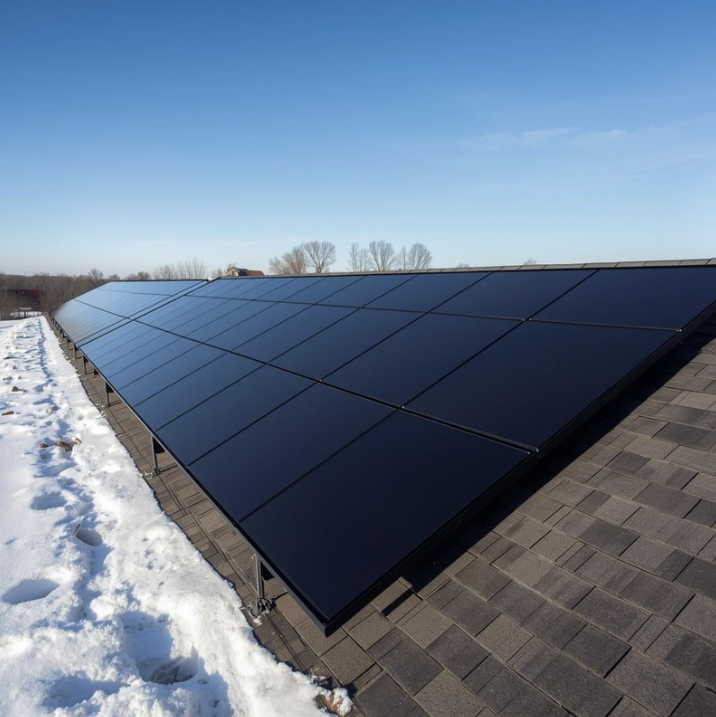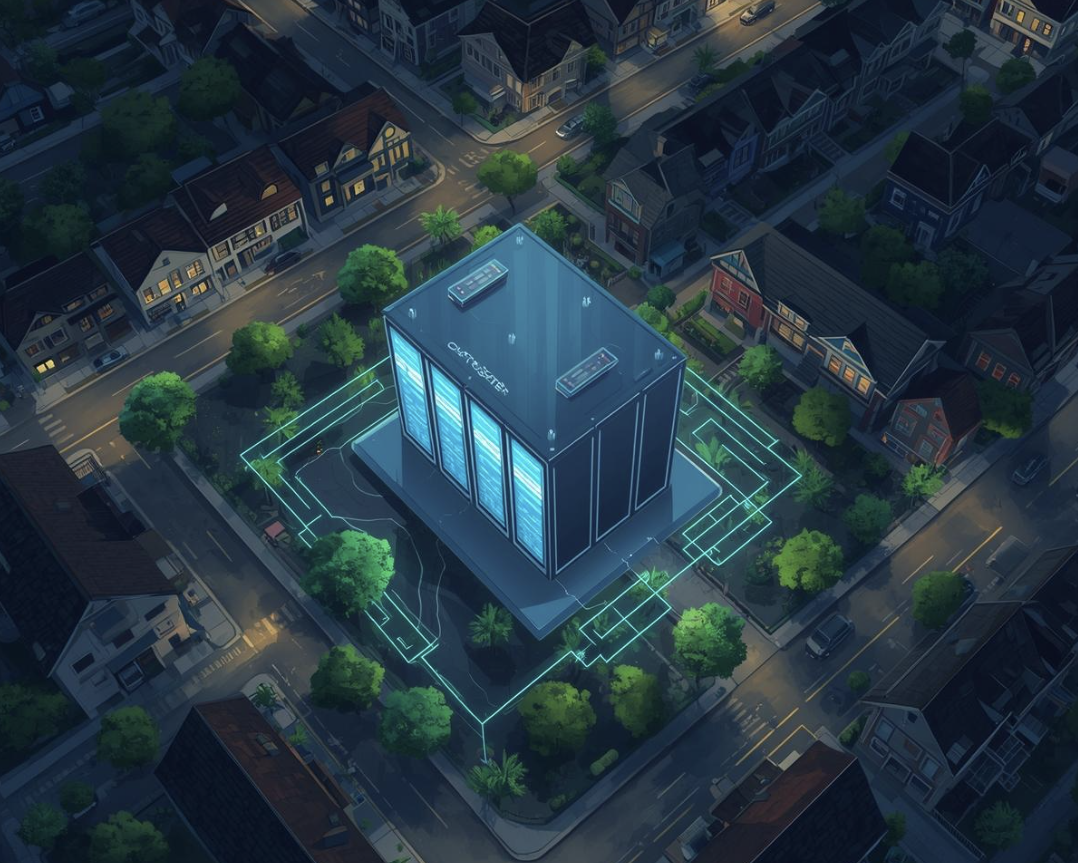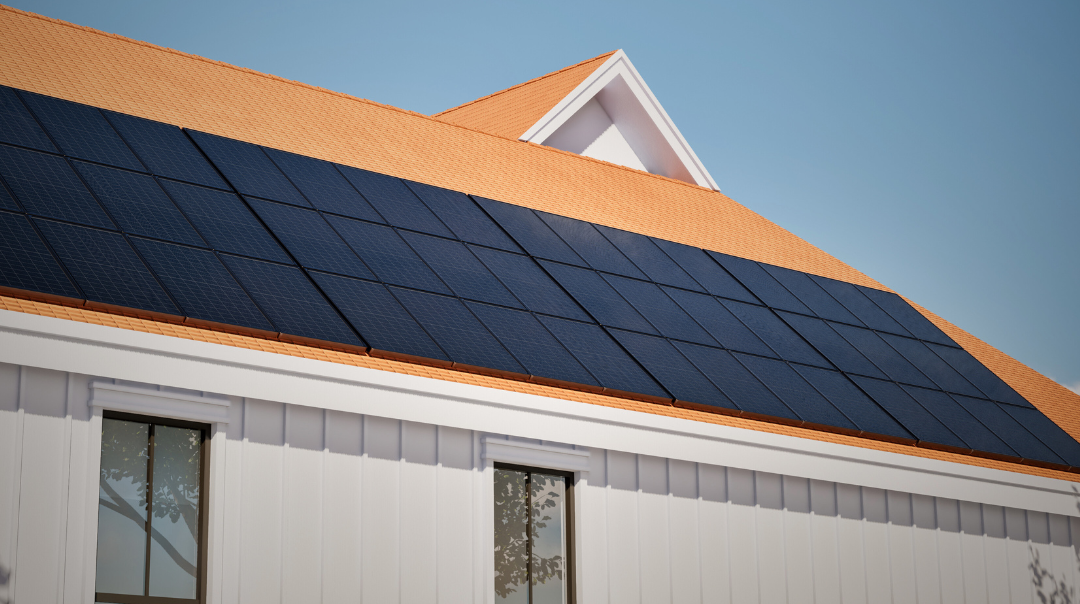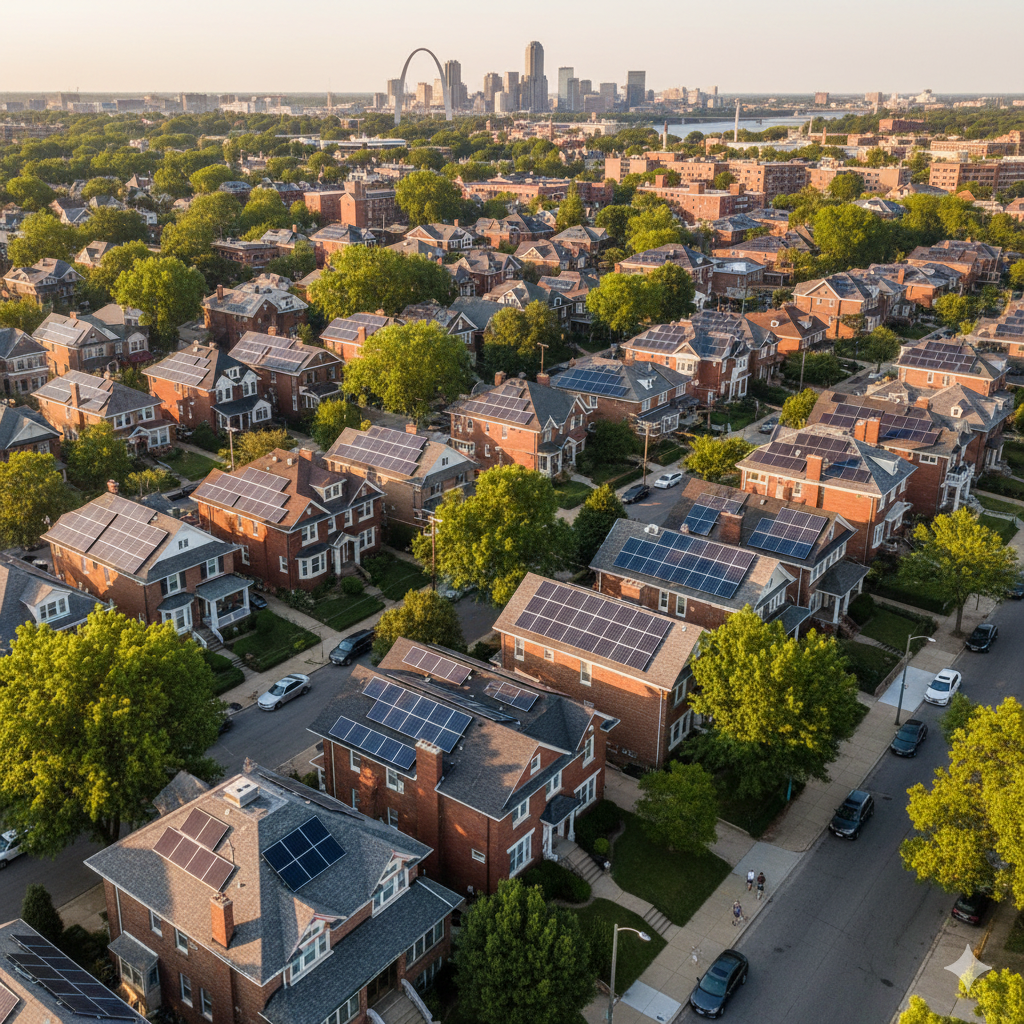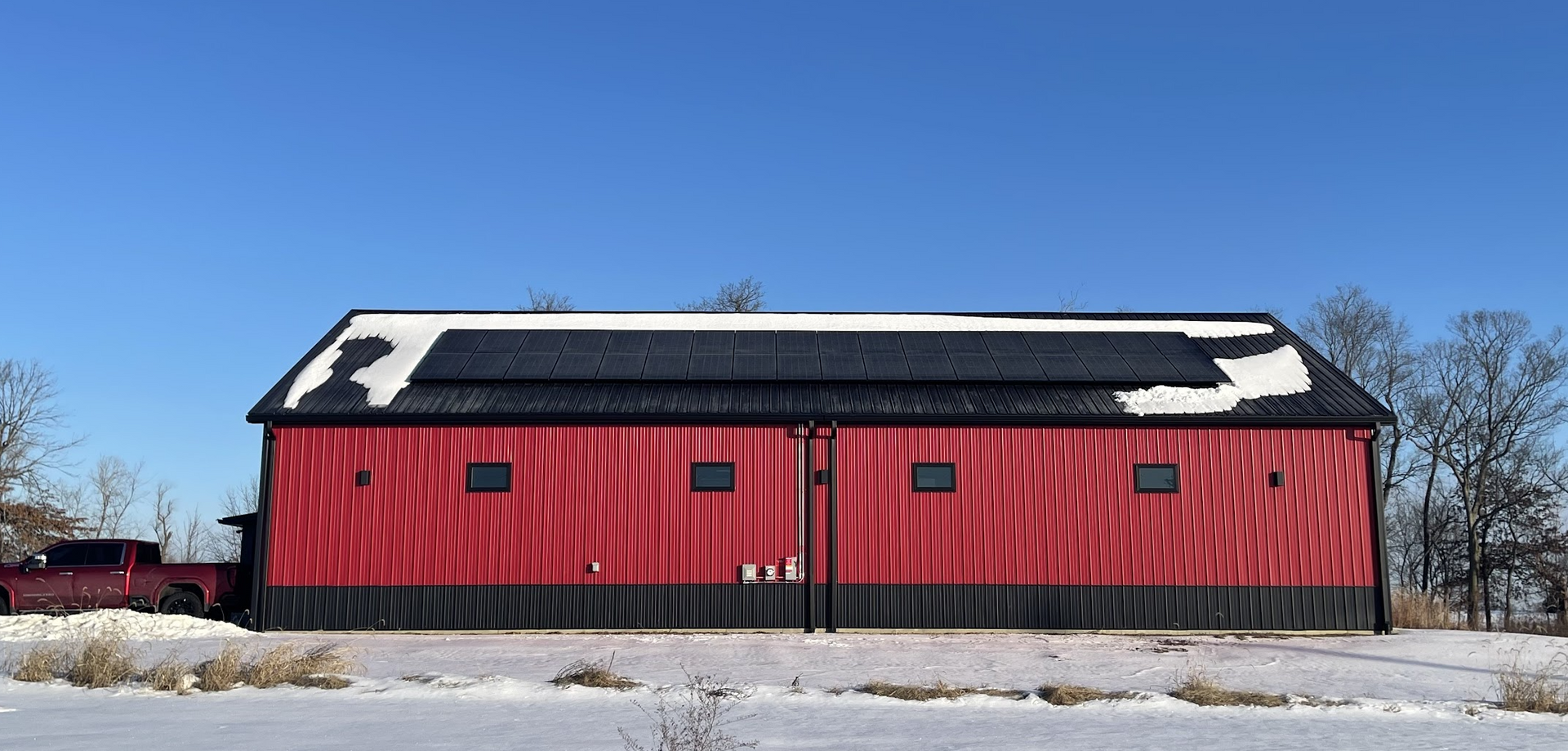The Ultimate Guide to Residential Solar Panel Installation: Everything You Need to Know
Switching to solar energy is not just a trend; it's a smart investment that offers substantial long-term benefits. As more homeowners seek sustainable solutions to reduce their carbon footprint and energy bills, residential solar panel installation has become a key focus.
Here, the team of residential solar panel installation experts from SunSent Solar has provided a comprehensive guide that covers all you need to know about going solar.
How Do Home Solar Panels Work?
When sunlight hits the silicon cells in solar panels, it excites electrons, creating an electric current. This direct current (DC) flows through an inverter, which converts it into alternating current (AC)—the type of electricity that powers your home and appliance. The electricity generated by your solar panels can be used immediately, stored in a battery, or fed back into the grid, depending on your system setup.
Things to Consider Before Getting Solar Panels for Your Home
Before diving into solar panel installation, it's important to be aware of some of the benefits:
· Electric Bill Reduction: Solar panels can drastically reduce your electricity bills. Depending on your energy usage and the size of your solar system, you could eliminate your electricity costs entirely.
· Protection Against Rising Energy Costs: With solar panels, you are protected from future increases in electricity prices, providing you with long-term financial security.
· Renewable Energy Source: Solar energy is a clean, renewable resource that reduces your reliance on fossil fuels and decreases your carbon footprint.
· Low Maintenance Costs: Once installed, solar panels typically do not require any maintenance. Checking the provided monitoring app on occasion will quickly identify any issues that would require attention. In most cases, this is covered entirely under warranty.
Home Solar Costs & Savings
On average, a fully installed 6-kilowatt (kW) solar panel system costs less than $12,000 after incentives or rebates are applied. This system size is typical for an average household, producing enough electricity to offset a significant portion of a home's energy consumption. However, over time, solar panels can provide substantial savings. With the average homeowner saving approximately $1,500 annually on energy bills.
It’s important to note that solar panel costs and savings vary depending on several factors, including your location, energy usage, and the specific solar installer you choose.
How to Pay for Home Solar Panels
While the upfront cost of solar panels can be high, there are several financing options available to make the investment more manageable:
· Solar Loans: Solar loans are a popular financing option that allows you to pay for your system over time while retaining ownership. Although interest and dealer fees can reduce long-term savings, solar loans still offer a good return on investment.
· Cash Purchase: Paying for your solar panels upfront provides the highest long-term savings and allows you to benefit fully from tax incentives and rebates. However, this option requires a significant initial outlay.
· Third Party Ownership: This is done in the form of either a lease or Power Purchase Agreement. In this method of going solar an investment company owns the system and takes on all the responsibility of its performance. This option gets you a lower monthly payment compared to your electric company from day one with no loan or cash required upfront.
· The Solar Tax Credit: The solar tax credit is available for homeowners and is a great way to offset residential solar panel installation costs, providing up to 30% off of the initial installation cost.
Is Your Roof Suitable for Solar?
One of the first steps in determining if solar is right for your home is assessing whether your roof is suitable for solar panels. The ideal roof for solar installation is south-facing with minimal shading and sufficient space to accommodate the number of panels needed to meet your energy needs. Additionally, the age and condition of your roof are important factors. East and West slopes are also good options for solar panels. In a rare occasion, a north roof slope can be used.
What is Your Energy Usage?
Understanding your home’s energy consumption is key to determining whether solar panels are a good investment. If you have high electricity bills, solar panels can offer significant savings by offsetting a large portion of your energy usage.
To determine the size of the solar system you need, start by reviewing your past energy bills to calculate your average monthly and annual electricity usage. The more energy you use, the larger the system you’ll need. Most residential solar systems use between 17 and 25 panels, but the exact number depends on your energy needs, the efficiency of the panels, and the amount of sunlight your home receives.
What to Expect from Residential Solar Panel Installation
The process of installing solar panels involves several steps and can take between two and six months to complete, depending on permitting, inspections, and utility approvals.
Here’s what you can expect:
1. Consultation & Site Assessment: Your solar installer will evaluate your home to determine the best placement for your panels and provide a detailed proposal outlining system size, costs, and expected savings.
2. Design & Permitting: Once you agree to move forward, your installer will design your solar system and submit the necessary permits to your local government.
3. Installation: The actual installation of solar panels typically takes one to three days, depending on the complexity of your system.
4. Inspection & Activation: After installation, your system will be inspected by the local government and your utility company to ensure it meets all regulations. Once approved, your system will be connected to the grid, and you can start generating solar power.
How to Find the Right Solar Company
Choosing the right solar installer is crucial to the success of your solar project. A reputable installer will not only ensure your system is installed correctly but will also be there to support you for years to come.
When selecting a solar company, consider the following:
· Experience & Expertise: Look for installers with a proven track record and positive customer reviews. Experience matters when it comes to designing and installing solar systems that perform well over the long term.
· Certifications & Licensing: Make sure your installer is licensed, bonded, and certified by recognized industry organizations like the North American Board of Certified Energy Practitioners (NABCEP).
· Warranty & Support: A good installer will offer comprehensive warranties on both the equipment and the installation. They should also provide ongoing support and maintenance services
Contact us for residential solar panel installation!
If you want to learn more about moving toward energy independence, SunSent Solar can assist. Contact us today by calling (636) 757-3083 to learn more.
